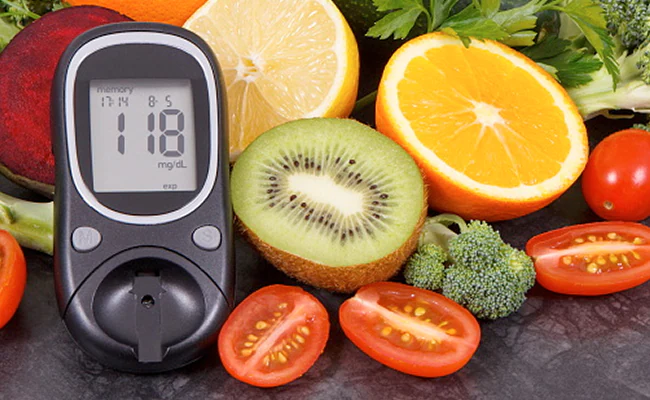
Introduction
Hormonal imbalance can affect metabolism, mood, energy levels, and overall health. A well-structured diet can help restore balance, support endocrine function, and alleviate symptoms caused by hormonal fluctuations.
Key Principles of a Hormone-Balancing Diet
1. Prioritize Protein Intake
- Benefits: Helps regulate blood sugar levels, support muscle mass, and aid in hormone production.
- Sources: Lean meats, eggs, fish, dairy, tofu, and legumes.
2. Incorporate Healthy Fats
- Benefits: Essential for hormone production and reducing inflammation.
- Sources: Avocados, nuts, seeds, olive oil, and fatty fish.
3. Choose Complex Carbohydrates
- Benefits: Stabilizes blood sugar levels and supports overall hormone balance.
- Sources: Whole grains, quinoa, oats, sweet potatoes, and legumes.
4. Boost Fiber Intake
- Benefits: Supports digestion, regulates estrogen levels, and helps detoxify excess hormones.
- Sources: Leafy greens, vegetables, fruits, beans, and whole grains.
5. Stay Hydrated
- Benefits: Aids metabolism, supports detoxification, and helps maintain hormonal balance.
- Sources: Water, herbal teas, and water-rich foods like cucumber and watermelon.
Hormone-Balancing Meal Ideas
Breakfast
- Oatmeal with Chia Seeds and Almond Butter for fiber and healthy fats.
- Scrambled Eggs with Spinach and Avocado for protein and essential nutrients.
Lunch
- Grilled Chicken Salad with Olive Oil Dressing and Quinoa for balanced macronutrients.
- Lentil Soup with Whole-Grain Crackers for plant-based protein and fiber.
Dinner
- Baked Salmon with Steamed Broccoli and Brown Rice for omega-3s and complex carbs.
- Stir-Fried Tofu with Vegetables and Quinoa for a plant-based hormone-friendly meal.
Snacks
- Greek Yogurt with Flaxseeds and Berries for probiotics and hormone-regulating fiber.
- Hummus with Carrot and Cucumber Sticks for a fiber-rich, healthy snack.
Lifestyle Tips for Hormonal Balance
- Manage Stress: Practice yoga, meditation, or deep breathing to reduce cortisol levels.
- Prioritize Sleep: Aim for 7-9 hours per night to regulate hormones effectively.
- Exercise Regularly: Engage in a mix of strength training and cardio workouts.
- Reduce Sugar and Processed Foods: Avoid insulin spikes and unnecessary hormonal fluctuations.
Conclusion
The best diet for hormonal imbalance is one rich in whole, nutrient-dense foods that support the endocrine system. By focusing on protein, healthy fats, fiber, and hydration, while minimizing processed foods and stress, you can restore balance and improve overall well-being.

